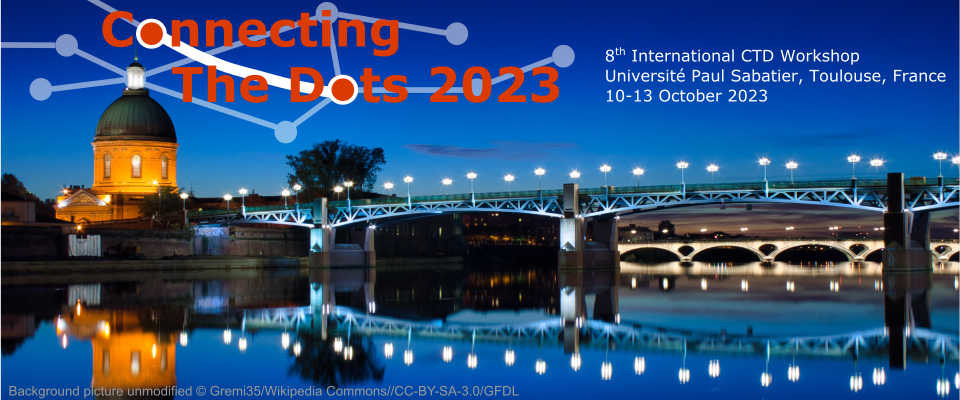Speakers
Description
The High-Luminosity LHC (HL-LHC) will provide an order of magnitude increase in integrated luminosity and enhance the discovery reach for new phenomena. The increased pile-up foreseen during the HL-LHC necessitates major upgrades to the ATLAS detector and trigger. The Phase-II trigger will consist of two levels, a hardware-based Level-0 trigger and an Event Filter (EF) with tracking capabilities. Within the Trigger and Data Acquisition group, a heterogeneous computing farm consisting of CPUs and potentially GPUs and/or FPGAs is under study, together with the use of modern machine learning algorithms such as Graph Neural Networks (GNNs).
GNNs are a powerful class of geometric deep learning methods for modeling spatial dependencies via message passing over graphs. They are well-suited for track reconstruction tasks by learning on an expressive structured graph representation of hit data and considerable speedup over CPU-based execution is possible on FPGAs.
The focus of this talk is a study of track reconstruction for the Phase-II EF system using GNNs on FPGAs. We explore each of the steps in a GNN-based EF tracking pipeline: graph construction, edge classification using an interaction network (IN), and track reconstruction. Several methods and hardware platforms are under evaluation, studying optimizations of the GNN approach aimed to minimize FPGA resources utilization and maximize throughput while retaining high track reconstruction efficiency and low fake rates required for the ATLAS Phase-II EF tracking system. These studies include IN model hyperparameter tuning, model pruning and quantization-aware training, and sequential processing of sub-graphs over the detector.
